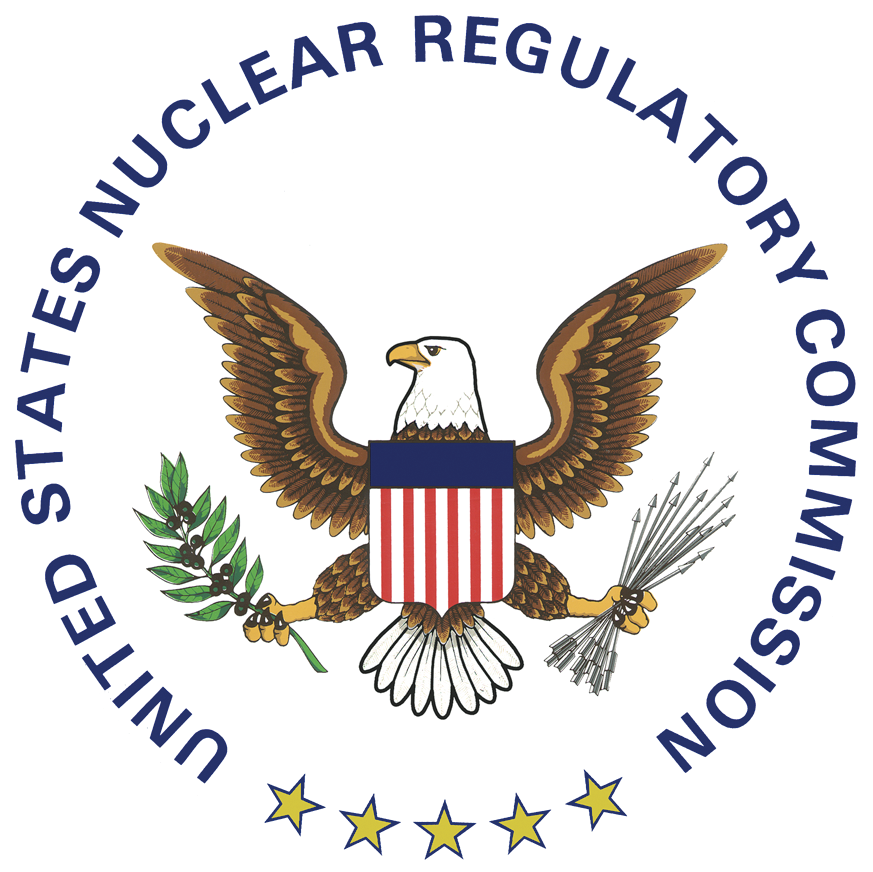NRC Hosts Second Virtual Public Meeting on Developing a Regulatory Framework for Fusion Energy
On the afternoon of March 30, 2021, the Nuclear Regulatory Committee (NRC) hosted their second virtual public meeting to explore an appropriate regulatory framework for fusion energy. Their first public forum was held on January 26, 2021. The goal of this and the previous forum was to collect public input and feedback related to developing a regulatory model for longer-term commercial deployment of fusion.
Section 103 of the Nuclear Energy Innovation and Modernization Act (NEIMA) requires that the NRC “complete a rulemaking to establish a technology-inclusive, regulatory framework for optional use by commercial advanced nuclear reactor applicants for new reactor license applications” by December 31, 2027. Notably, NEIMA includes fusion reactors in its definition of “advanced nuclear reactors.”
Throughout the meeting, a variety of stakeholders presented information for educational and comment-gathering purposes. The meeting began with a discussion on the recent National Academies report, “Bringing Fusion to the U.S. Grid,” and was followed with a presentation on how fusion can achieve social acceptance through ethical review methods.
Next, FIA Director Andrew Holland made remarks that detailed the FIA’s Regulatory White Paper, “Igniting the Fusion Revolution in America” which argues that U.S. policymakers should establish a broad legislative and regulatory framework that explicitly and permanently removes fusion energy from the regulatory approaches that the federal government has taken towards fission power plants.
This recommendation was supported by presentations from Michl Binderbauer and Bob Mumgaard, CEOs respectively of TAE and Commonwealth Fusion Systems, that reviewed the realistic hazards their technologies would face. Finally, the meeting was adjourned after presentations on how the Agreement States regulate byproduct material along with the NRC perspectives on this.
The NRC plans to hold additional meetings throughout the year, with the next one likely to be scheduled for June. Further topics to be discussed include examining the interests of the U.S. to harmonize regulatory activities with international entities and more detailed discussions on different regulatory approaches. The FIA will continue to engage with this process throughout the coming years.

